HUNGER is widespread and chronic in Nigeria. Its prevalence is one phenomenon that statistics cannot fully capture. Not even the global hunger index does justice to it. Another angle to the complexity of this phenomenon is this. Statistics deals with numbers but hunger deals with humans. Relying on quantitative data alone therefore to assess the state of hunger in Nigeria is the worst mistake anyone could make.
Quantitative data and analysis only show patterns and spread of hunger without delving into the individual lived experiences of those affected. Or its influences on their existence in all ramifications. Therefore, as bad as the statistics look, they are still child’s play when compared with the rich information from qualitative data chronicling the dehumanising lived experience of many poor and hungry Nigerians around us. Combining quantitative and qualitative data paints a horrifying picture of Nigeria’s food crisis and the hunger in the land.
According to UNICEF, about 25 million Nigerians are at risk of facing hunger between June and August 2023. This is the lean season. Given the current food inflation sweeping across the country, we fear even more people may join the ranks of the nation’s poor. Many families today cannot afford essential food items. Not even among the lower middle class are things any easy.
Careful observation during events and functions will reveal how the metaphorical “Item 7” has gained new prominence among participants. People scramble for food. Some even take food home for their families. Before now, low-income families manage to eat twice daily. These days, that is a luxury they cannot afford. Family heads and breadwinners are complaining bitterly that their ‘take home’ barely gets home. Much more cover the cost of food and other necessities of life.
Hunger has a new face, and you can see it in the faces of vulnerable adults and children who look malnourished or are on the brink of starvation. Unfortunately, children are the most vulnerable to food insecurity. Approximately six million food-insecure Nigerians today are children “under 5” living in Borno, Adamawa, Yobe, Sokoto, Katsina and Zamfara states.
There is a severe risk of mortality among children attributed to acute malnutrition, posits UNICEF. There is no gainsaying the devastating effect of hunger in Nigeria. Some parts of the country are affected the most, primarily due to conflicts, insecurity and climate change that have either stopped agricultural activities or have led to massive movement of people from farming and grazing zones to IDP centres dotted across the country.
A few structural issues exacerbating hunger in Nigeria include poverty. A significant portion of the Nigerian population live below the poverty line with limited access to food and other basic necessities. The lack of economic opportunities for many people in job opportunities or the availability of low-paying jobs has resulted in inadequate income to afford enough food, inefficient agricultural practices, agricultural challenges that impact food production and its value chain.
Harsh environmental conditions, including irregular rainfall patterns, drought and flooding, rapid population growth, limited access to education, poor infrastructure, including roads with few accessible rural roads to transport food easily, storage facilities and electricity, lack of investment in agriculture, inefficient governance, weak policy implementation and inadequate coordination among government agencies are some of the immediate throwbacks of the economic downturn. No doubt, food security and fighting hunger had not been our priority for quite a long while. That is the problem now staring us in the face.
Today, hunger amongst the populace is a clear and present danger which, if not addressed and effectively managed, could lead to a breakdown of law and order. Anger from hungry Nigerians is a persistent threat to national peace and security. Hunger driven angst is gradually flowing into the street as have been witnessed in the looting of venues where governments warehouse palliative in both the COVID-19 era and the withdrawal of fuel subsidies in Nigeria.
This trend may have severe consequences if not checkmated. Hunger dehumanises people and pushes them into a life of crime, superstition and penury. The devastating effect of hunger in Nigeria includes malnutrition with its concomitant health problems such as child cognitive developmental delays, stunted growth, weakened immune system and increased susceptibility to diseases. Maternal and child mortality rates are also higher in areas with high hunger levels. Second, hunger can hinder children’s access to education.












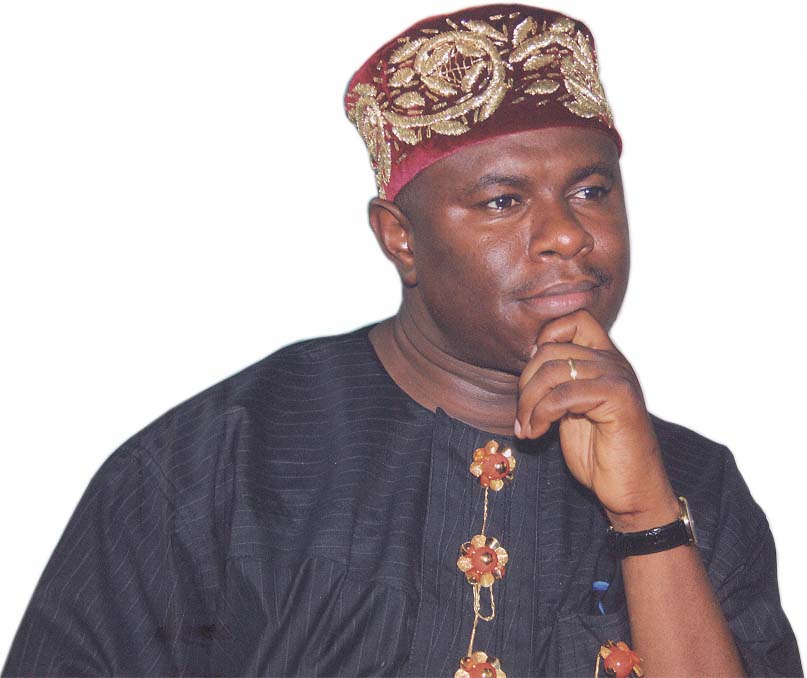









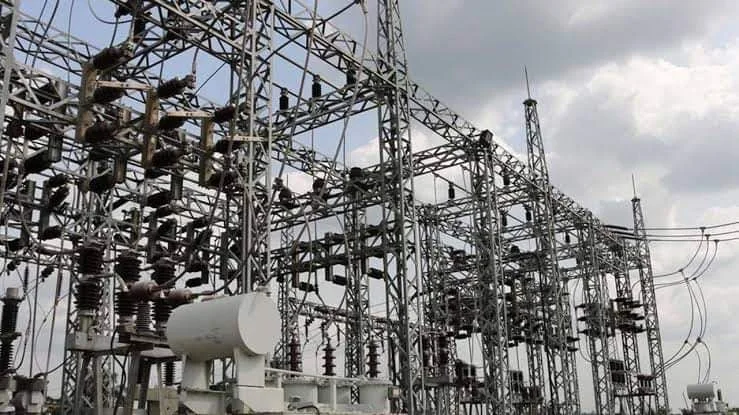

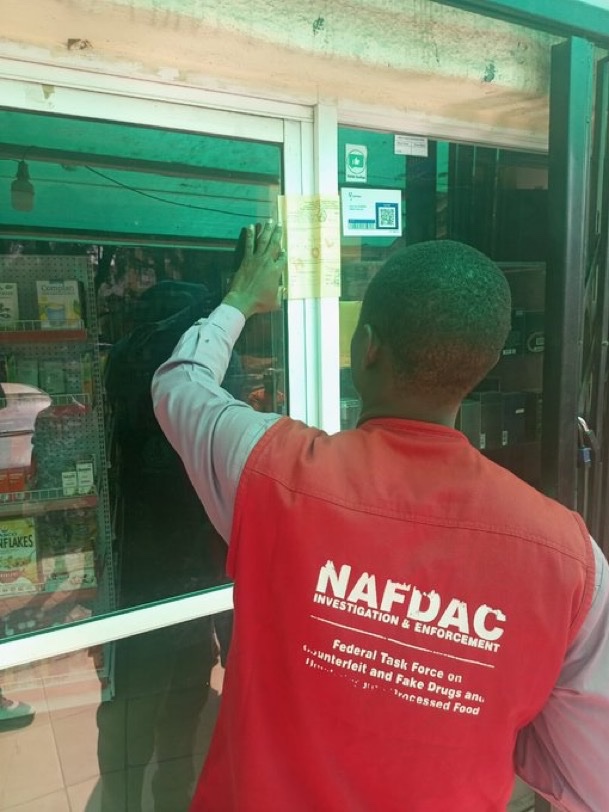



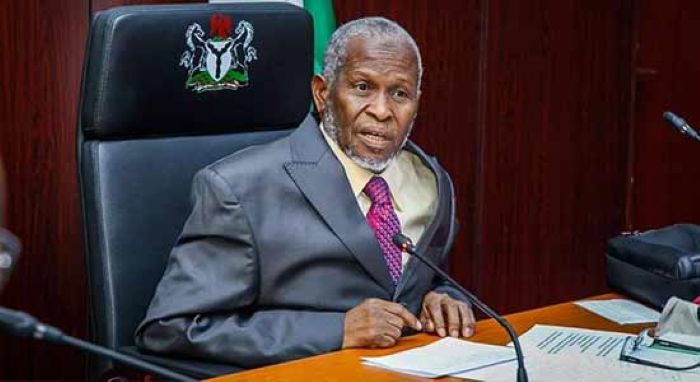
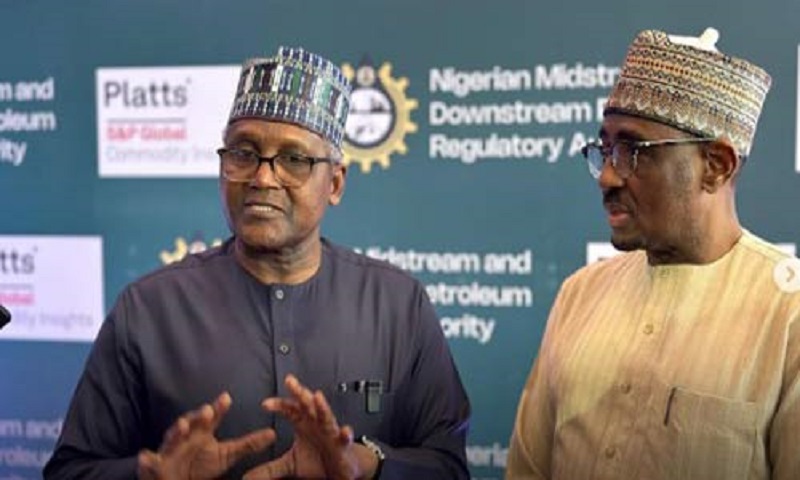



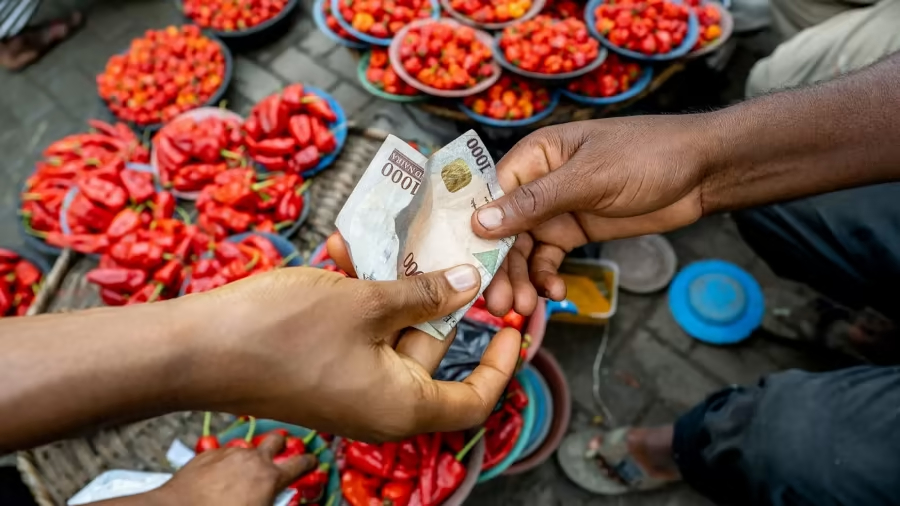




Leave a comment